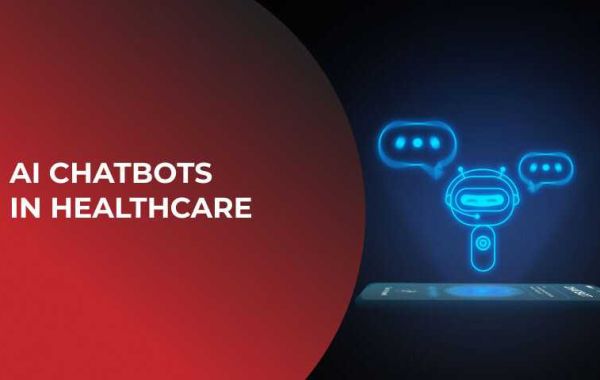In the realm of technology, AI chatbots are rapidly gaining prominence, with ChatGPT and Bard leading the charge. These intelligent conversational agents are revolutionizing the healthcare industry, offering a plethora of benefits and game-changing potential for businesses. Let's delve into the world of chatbots in healthcare and uncover their transformative impact.
AI chatbots are computer programs designed to simulate conversation with human users, utilizing natural language processing (NLP) and machine learning (ML) to comprehend and respond to inquiries. In the healthcare sector, these chatbots serve as virtual assistants, providing patients with convenient access to information, support, and services. They can answer basic medical questions, schedule appointments, gather patient information, and even offer personalized health recommendations.
The integration of AI chatbots into healthcare systems presents a myriad of advantages. Firstly, chatbots enhance patient engagement by providing round-the-clock availability and immediate responses to queries. This accessibility empowers patients to take charge of their health, fostering a proactive approach to wellness.
Moreover, chatbots streamline administrative tasks, reducing the workload on healthcare professionals. By handling routine inquiries and appointment scheduling, chatbots free up valuable time for clinicians to focus on more complex patient interactions.
Furthermore, chatbots can play a pivotal role in patient education and disease management. They can provide tailored information on specific conditions, offer guidance on medication adherence, and monitor patient progress. This personalized approach to care can lead to improved health outcomes.
The potential of AI chatbots in healthcare extends beyond patient interactions. They can also revolutionize internal operations within healthcare organizations. Chatbots can automate tasks such as billing, insurance processing, and patient data management, enhancing efficiency and reducing administrative costs.
The adoption of AI chatbots in healthcare is not without its challenges. Ensuring data privacy and security is of paramount importance, as chatbots handle sensitive patient information. Additionally, training chatbots to provide accurate and relevant medical information requires careful development and ongoing refinement.
Despite these challenges, the benefits of AI chatbots in healthcare far outweigh the obstacles. As technology advances and chatbots become more sophisticated, their impact on the industry will continue to grow. Chatbots are poised to transform healthcare delivery, providing patients with enhanced access, support, and personalized care, while simultaneously streamlining operations and improving efficiency for healthcare organizations. As AI chatbots continue to steal the tech spotlight, their game-changing potential for the healthcare industry is undeniable.








